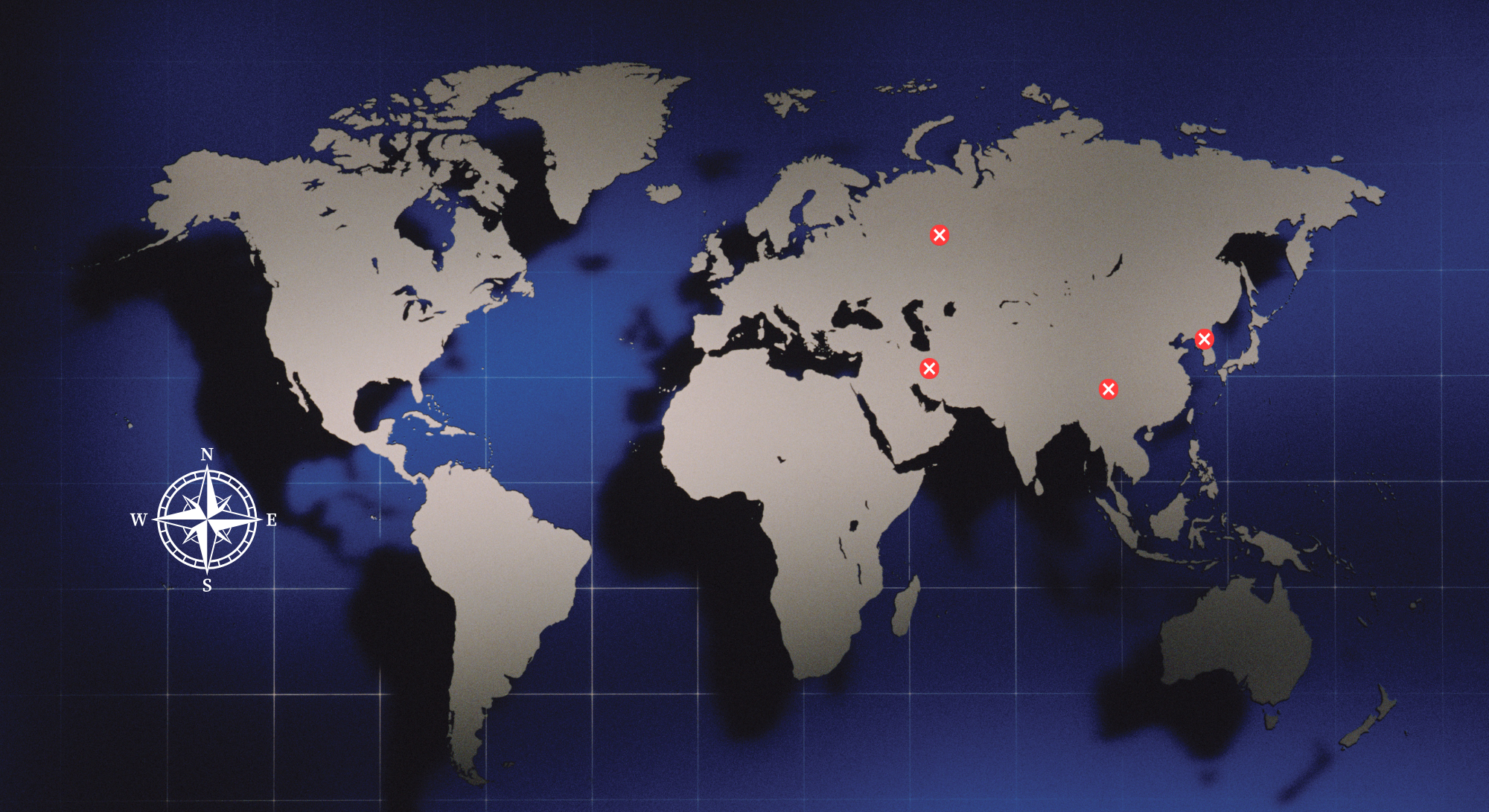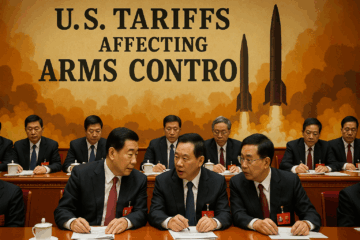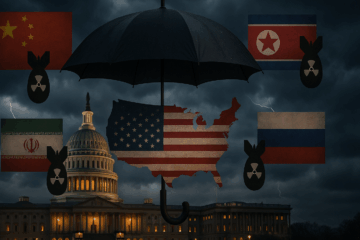A diplomatic controversy erupted following the recent imposition of American sanctions on Pakistan’s state-owned National Development Complex (NDC) and three private Karachi-based companies, accused of involvement in developing Pakistan’s long-range missiles. These sanctions, which bar American companies from conducting business with them, brings to light a different approach by the US toward a non-NATO ally, Pakistan.
The latest round of sanctions showed the Biden administration’s disregard for Pakistan’s long history of cooperation with Washington. Islamabad always sought to engage diplomatically with the White House in a constructive manner—aspiring to nurture its relationship with the United States. However, the sanctions imposed on Pakistan’s missile program by the US, grounded in doubts and assumptions, do not bode well for the overall stability of the relationship.
When Pakistan became an ally of the United States in the 1950s and supported American strategy in the region, especially during the Cold War and the War on Terror, Pakistan took significant risk both domestically and with often unfriendly neighbors. Pakistan valued the relationship and made significant strides in fostering a partnership. However, it still struggles to preserve peace and stability in the region after a hasty American withdrawal from Afghanistan.
The recent spate of American allegations against Pakistan not only increase mistrust between the two states but also undermine the credibility of the nuclear non-proliferation regime. Current sanctions tend to create an imbalance in the strategic calculus of South Asia, shifting the balance of power towards Pakistan’s adversary, India. New Delhi’s military and nuclear modernization is already destabilizing South Asia.
Washington’s favoring of New Delhi furthers the augment that there is an increasing gap between India and Pakistan, which could reignite an arms race. Historically, the US played a constructive third-party role in easing tensions between Pakistan and India. However, growing mistrust between Pakistan and the US could limit its leverage to act as neutral mediator in any future crisis. Such a trust deficit between the US and Pakistan could undermine regional stability in South Asia.
With New Delhi’s evolving missile capabilities, Pakistan considers its strategic capabilities crucial for deterrence. This ensures that the country does not face an existential threat from across its border. Islamabad maintains that its missile and nuclear program are intended to counterbalance India’s growing conventional and nuclear superiority.
According to the former US Principal Deputy National Security Advisor, Jon Finer, Pakistan has pursued “increasingly sophisticated missile technology, from long-range ballistic missile systems that would enable the testing of significantly larger rocket motors.” If that continues, Finer said, “Pakistan will have the capability to strike targets well beyond South Asia, including in the United States.” He further said that the advancement in Pakistan’s ballistic missile systems could pose a direct threat to global security, enabling Pakistan to target countries far beyond its immediate neighborhood.
In response Pakistan’s Foreign Office (MOFA) commented on Finer’s statement and said that the perception of an alleged threat was “unfortunate.” These sanctions which are imposed under Executive Order 13382, are based on mere doubts and suspicions devoid of any substantial evidence. In its statement, the MOFA said that “Pakistan has also made it abundantly clear that our strategic program and allied capabilities are solely meant to deter and thwart a clear and visible existential threat from our neighborhood and should not be perceived as a threat to any other country.” With such clarity in Pakistan’s strategic approach, the American sanctions on Pakistan’s ballistic missile program are nothing more than misplaced concerns.
The US is turning a blind eye towards Indian nuclear expansion and is strengthening its strategic partnership so that it can serve as a counterweight to China. Because of this strategic cooperation, the US aids India with the transfer of high-end defense technologies. Agreements such as the Basic Exchange and Cooperation Agreement (BECA) and the Communications Capability and Security Agreement (COMCASA) are critical to Indian development. Under the framework of the Defense Technology and Trade Initiative (DTTI) and the Initiative on Critical and Emerging Technologies (CET), India also benefits.
In 2008, the United States pampered India with a waiver from the Nuclear Suppliers Group (NSG) restrictions, exempting it from obligations that apply to nuclear export controls for states outside the scope of the Non-proliferation Treaty (NPT).This mutual defense cooperation between the US and India augments Indian military capabilities, accentuating military asymmetries in South Asia.
While maintaining silence on India’s intercontinental ballistic missile program, with a manifest range of above 5,000 kilometers, American officials raised misleading concerns regarding Pakistan’s capabilities. In reality, the longest-range ballistic missile of Pakistan, the Shaheen III, demonstrated a range of 2,750 kilometers, explicitly designed to deter only India. The country’s ballistic missile program has no intention of endangering the sovereignty of any other state, including allies of its long-standing partner, the United States.
To overcome this trust deficit, Pakistan and the US must take the initiative and forge a comprehensive security dialogue that aligns their strategic interests. This security dialogue would provide an avenue to discuss common security objectives, including regional stability, counterterrorism efforts, and transnational threats. Furthermore, mutual collaboration in intelligence-sharing will augment the effectiveness of both nations’ security apparatus. Constructive communication between Pakistan and the US is crucial to building a more stable and cooperative future, which would not only strengthen their bilateral ties but also contribute to peace and security in South Asia and beyond.
While the Biden administration expressed concerns about Pakistan’s missile capabilities, Islamabad maintained, then and now, that these measures are purely defensive in nature. They are designed to safeguard national security amidst evolving regional tensions. It would be fruitful for both nations for President Donald Trump to correct the mistake of the Biden administration, acknowledging Pakistan’s legitimate security concerns and engaging with a willing ally. Collaboration rather than coercion is necessary for Pakistan and the US to address shared challenges.
Nawal Nawaz is a research assistant at the Center for International Strategic Studies (CISS), Islamabad. The views expressed in this article are the author’s own.
About the Author

Nawal Nawaz
Nawal Nawaz is a research assistant at the Center for International Strategic Studies (CISS), Islamabad




